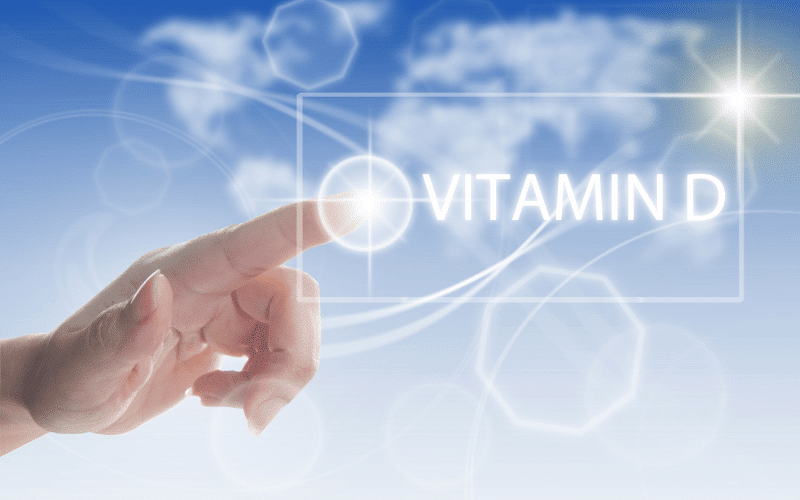Introduction: The Importance of Vitamin D and the Dangers of Overdosing
Vitamin D, often referred to as the sunshine vitamin, plays a crucial role in maintaining the overall health and well-being of an individual. It is primarily responsible for the regulation of calcium and phosphorus levels in the body, which are vital for maintaining strong bones and teeth. Moreover, vitamin D supports the immune system, muscle function, and cardiovascular health.
The human body can produce vitamin D naturally through exposure to sunlight, while dietary sources and supplements can also contribute to maintaining adequate levels. However, excessive consumption of vitamin D can lead to toxicity, resulting in a range of symptoms that can significantly impact one’s health.
In this article, we will discuss the top 10 symptoms of vitamin D overdose to help you identify and address the issue before it becomes a significant concern. It is essential to be aware of these symptoms, as early intervention can prevent complications and ensure a quick recovery.
Vitamin D toxicity, also known as hypervitaminosis D, occurs when an individual ingests excessive amounts of vitamin D, leading to abnormally high levels in the blood. This can result in a cascade of health issues, primarily related to an increase in calcium levels, a condition called hypercalcemia. It is worth noting that vitamin D toxicity is relatively rare and typically occurs due to excessive supplementation rather than sun exposure or dietary intake.
Now, let’s delve into the top 10 symptoms of vitamin D overdose and how to recognize them.

Sign 1. Hypercalcemia: The Dreaded Calcium Overload
The primary consequence of vitamin D overdose is hypercalcemia, a condition marked by abnormally high calcium levels in the blood. Hypercalcemia occurs when there is an excessive amount of calcium circulating in the bloodstream, which can lead to a variety of health complications.
The most common symptoms of hypercalcemia include nausea, vomiting, constipation, and abdominal pain. These symptoms are typically mild and may be overlooked, but they can progress to more severe issues if left unaddressed.
In more serious cases of hypercalcemia, individuals may experience kidney stones and kidney failure. Kidney stones are formed when excess calcium crystallizes and clumps together, causing severe pain and potential damage to the kidneys. Kidney failure occurs when the kidneys are no longer able to filter waste products and toxins from the blood effectively. If you suspect you have hypercalcemia, it is essential to consult your healthcare provider for prompt evaluation and treatment. (1)